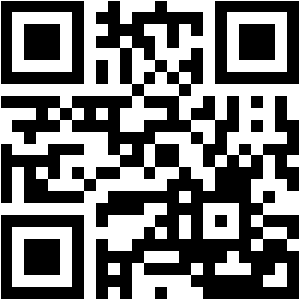| University | University of Auckland (UOA) |
| Subject | 71203: Business Ethics |
Your task
Part A
(a) Explain the purpose of normative ethical theory, and how the theories in Module 2 conflict with each other.
(b) Show your charitable understanding of one of:
- Utilitarianism
- Kantian moral theory
- Virtue ethics.
(c) Present your understanding of what you think are the strongest two criticisms of the ethical theory you outlined.
Stuck! Do not Know Assessment Answers?
Hire NZ Native Experts 24/7.
Part B
Select a real-life business situation that requires a particular agent to make an ethical decision. Preferably the situation should be sourced from your own experience, or from the experience of someone you know. The situation can also be sourced from a newspaper article or journal.
(a) Briefly outline the business situation. State your source for this situation. Clearly identify the agent(the decision-maker)you will focus on and their options for action in the situation. Briefly indicate the implications of these options for those involved or affected.
(b) Choose an ethical theory from Module 2 that is not the theory you criticized in Part A.
Briefly outline your chosen theory in a paragraph. Use this ethical theory to analyze each of the agent’s options. Justify your recommendation for what the agent should do using this theory only.
Buy Custom Assignment & Homework Solutions
Pay to NZ Native Writers | Cheap Cost & Plag Free
In this assignment you are expected to show the following:
- You understand the purpose of ethical theory. What does any normative ethical theory(such as you are presented within Module 2)aim to do? How are Are these ethical theories incompatible?
- You understand the positions of two major ethical theories.
- You understand the force of strong criticism against a theory.
- You can select and analyze a real business situation that presents an ethical decision for a particular agent, identifying the alternative options available to the agent and the implications for those involved or affected.
- You can apply an ethical theory to analyze each of the agent’s options in your chosen business situation and use that theory to make a justified recommendation on what option(s) the agent should take.
In quest for a professional assignment help?
Flexible rates compatible with everyone’s budget
Get the assistance you require from a professional business writer who has worked on a variety of assignments. We offer an assignment writing service that delivers high-quality work produced by specialists in a variety of fields. If you require assignment assistance, please do not hesitate to contact our friendly support Auckland assignment experts.
- NURSE577 Nursing Practicum III Assessment Brief 2026 | UOW New Zealand
- MBI803 Research Methods Assignment Brief 2026 | Yoobee College
- MKTG801 Marketing and Enterprise Assignment 1 Brief 2026 | AIS New Zealand
- SCIE504 Science and Society Assessment Brief 2026 | Auckland University of Technology
- NURS427 Long-term Conditions: Pathophysiology and Management Assignment Brief 2026
- 115726 Marketing Assessment Questions 2026 | Massey University NZ
- STAT500 Applied Statistics Assignment Questions 2026 | Auckland University of Technology
- MNSC931 Whānau and Community Hauora Initial Assessment 1 Brief 2026 | Wintech
- 115020 Accounting Fundamentals Assessment 2026 | Massey University
- MAMC01805 Applied Human Resource Management Assessment 1, 2026 | Future Skills AIC


